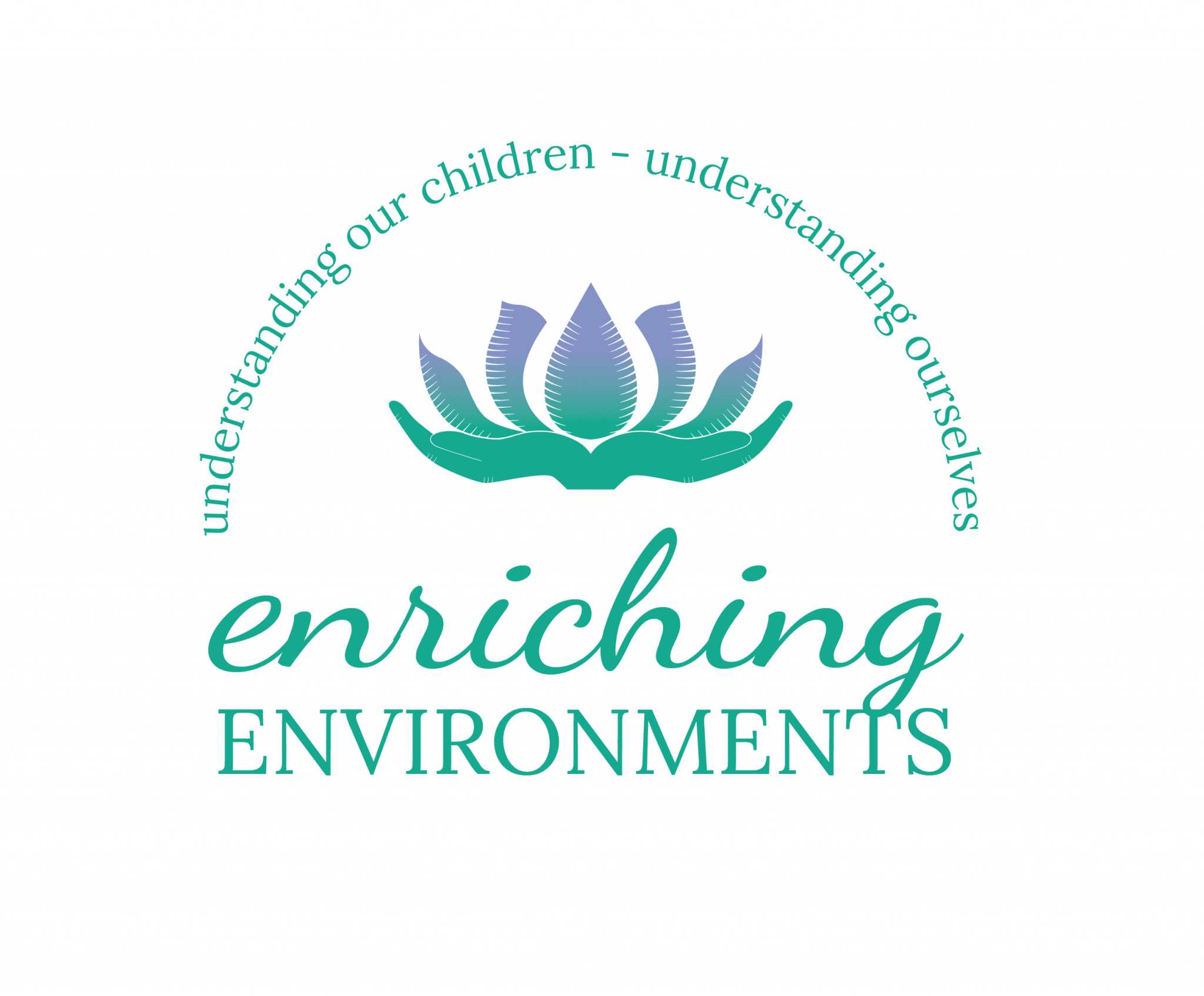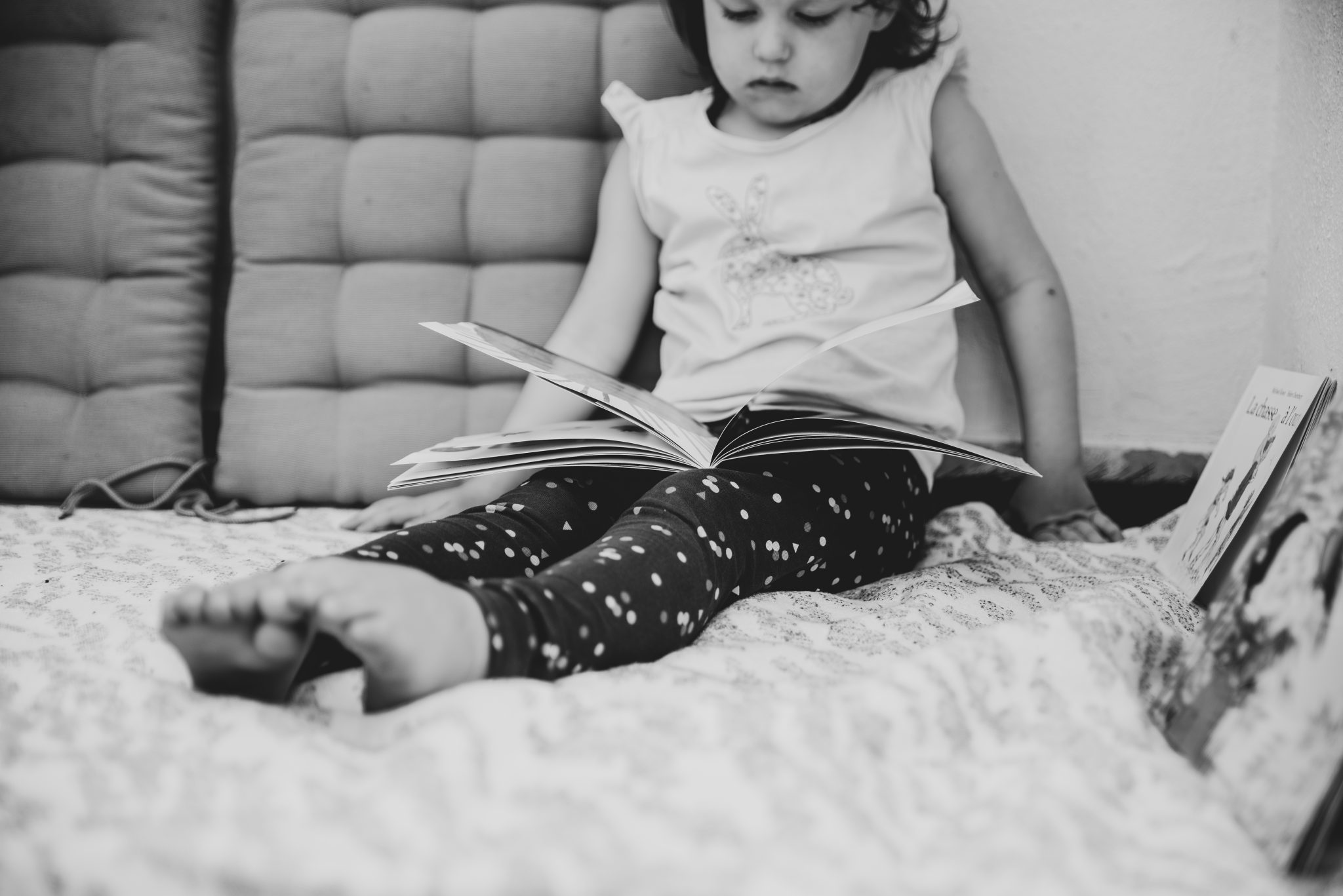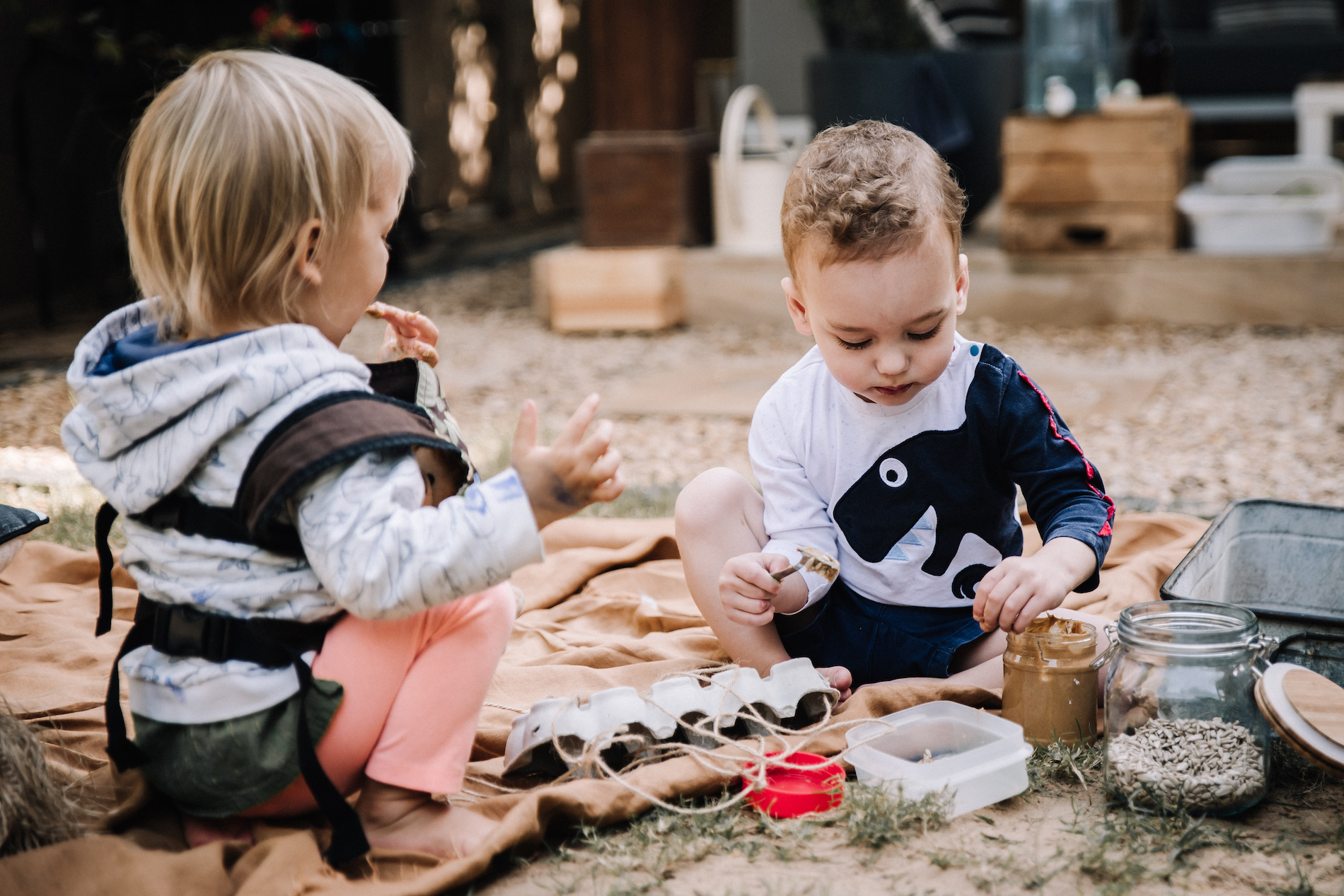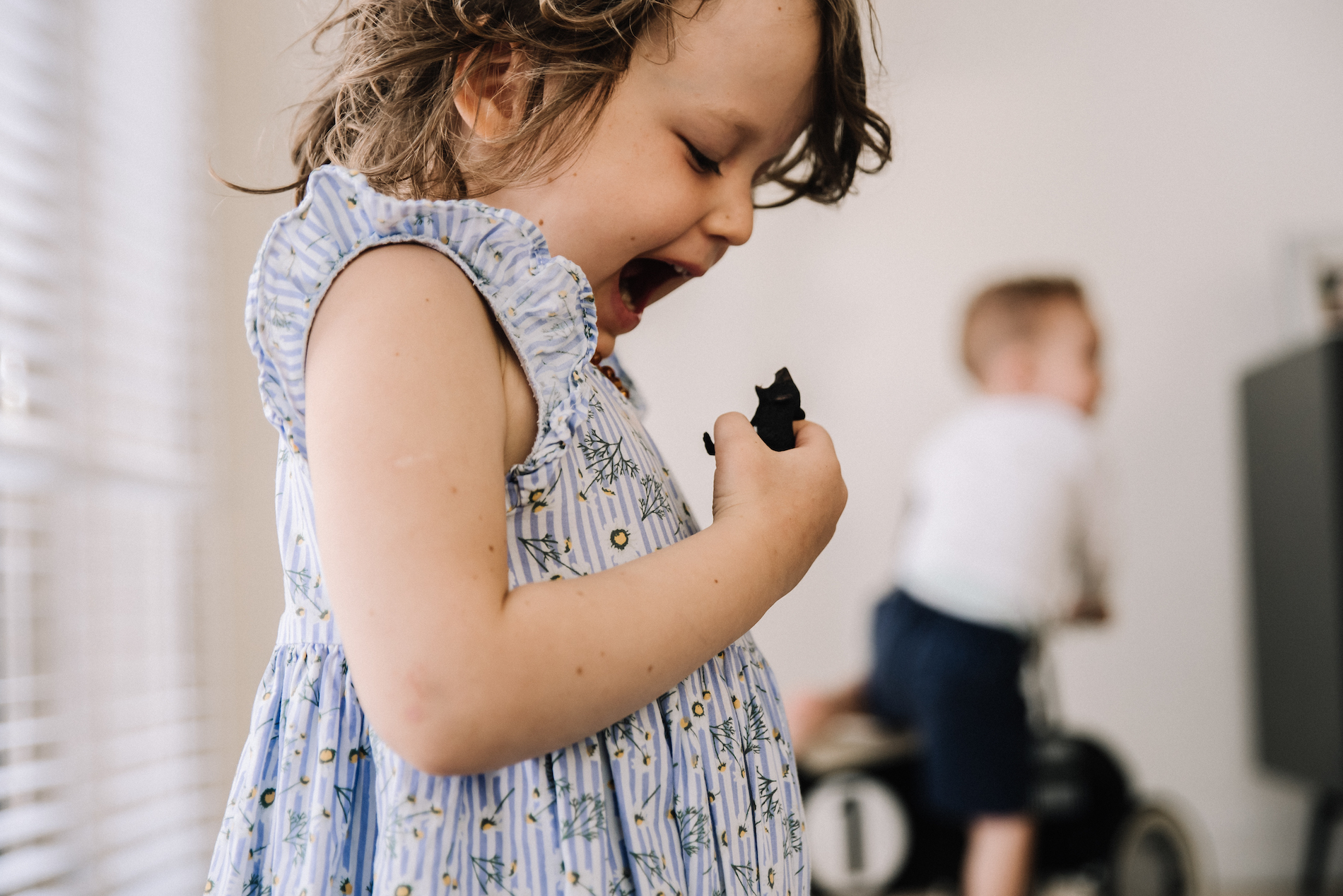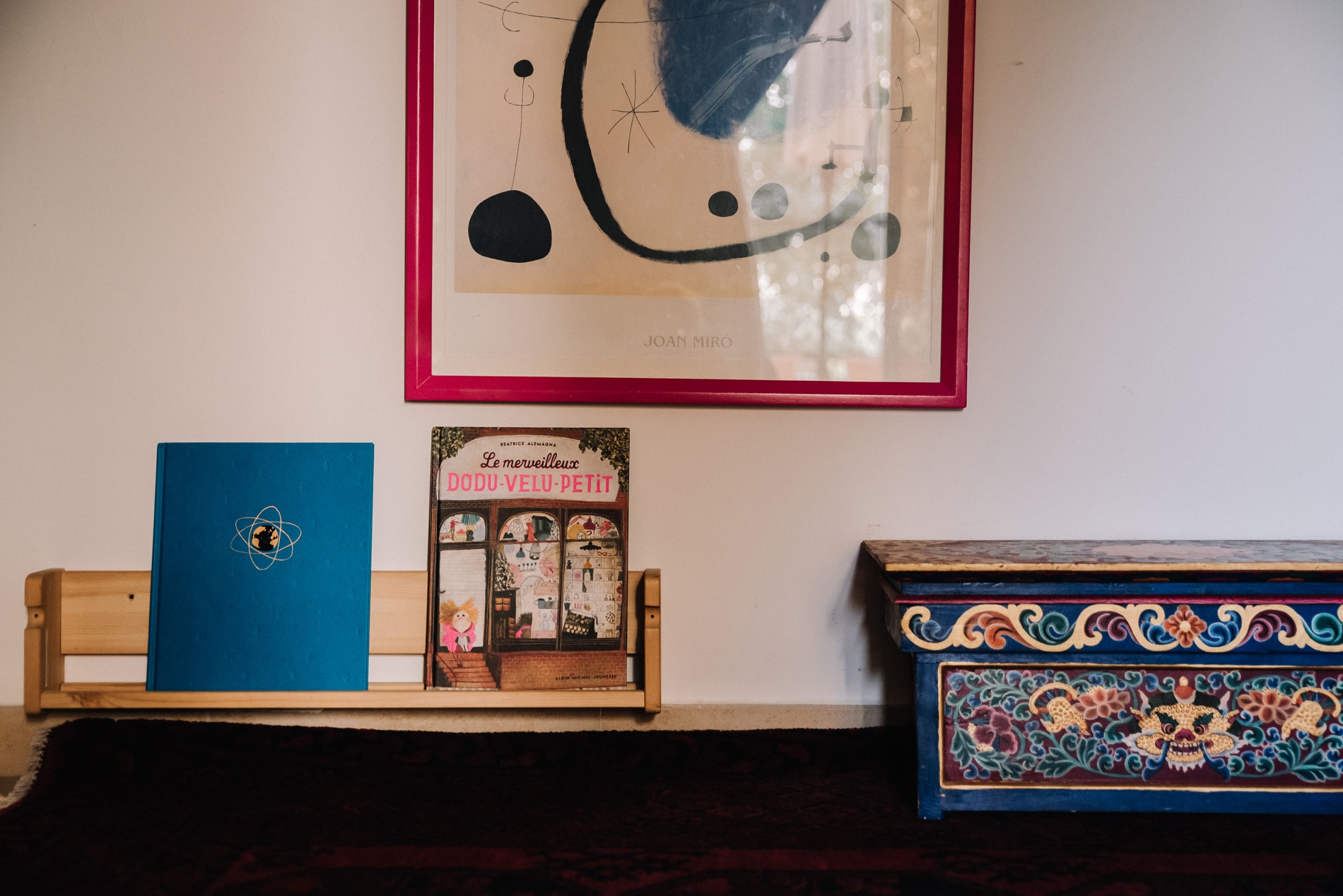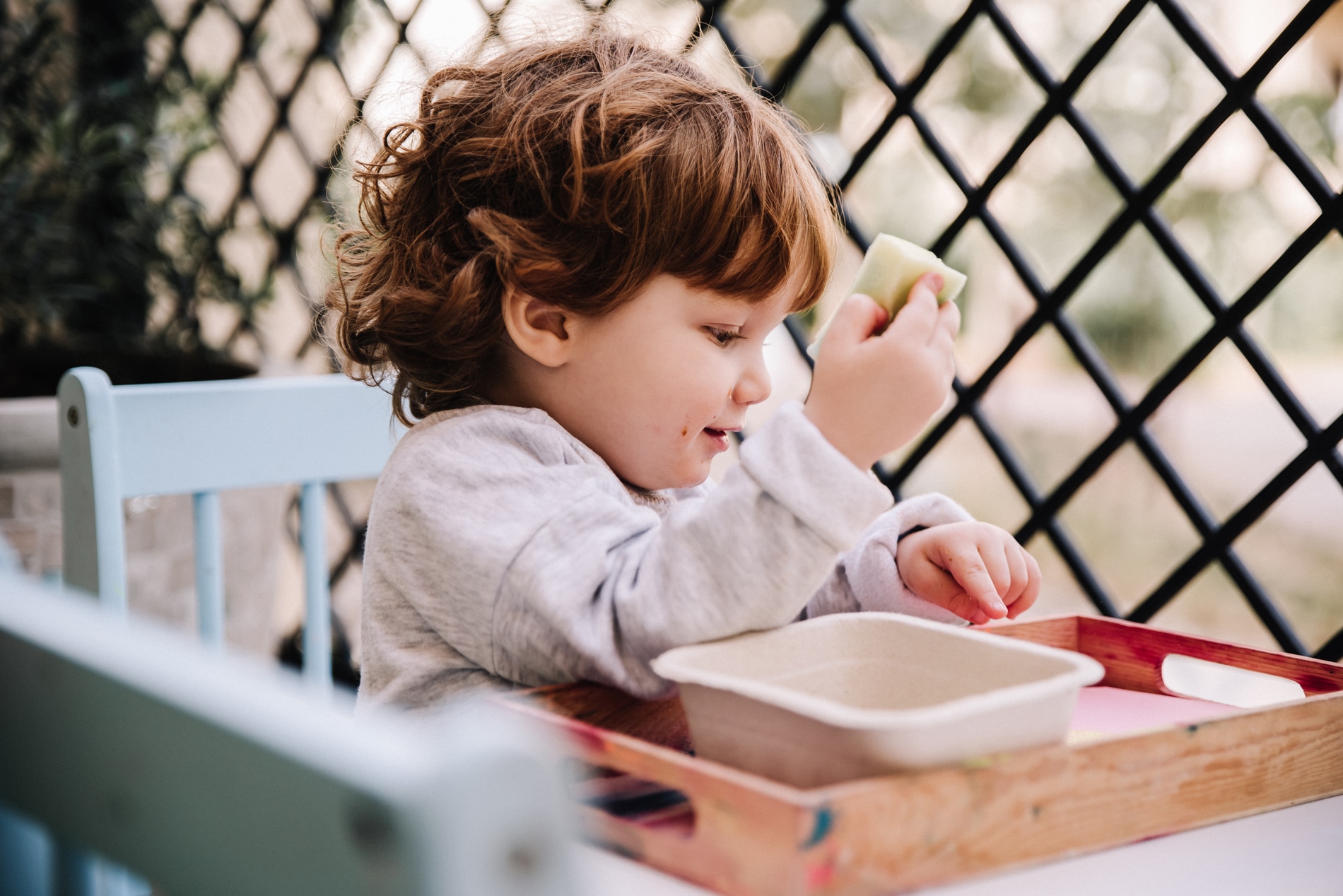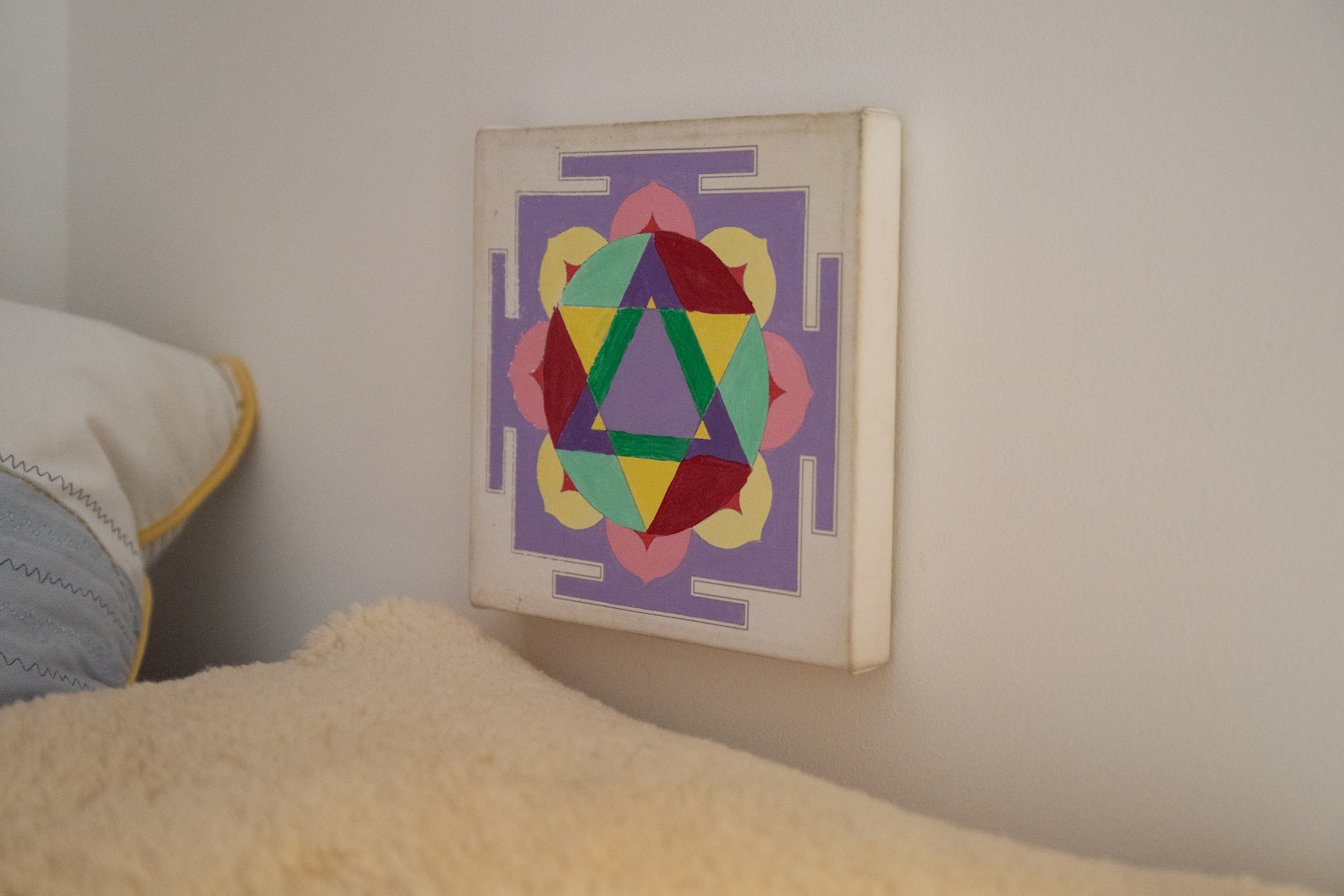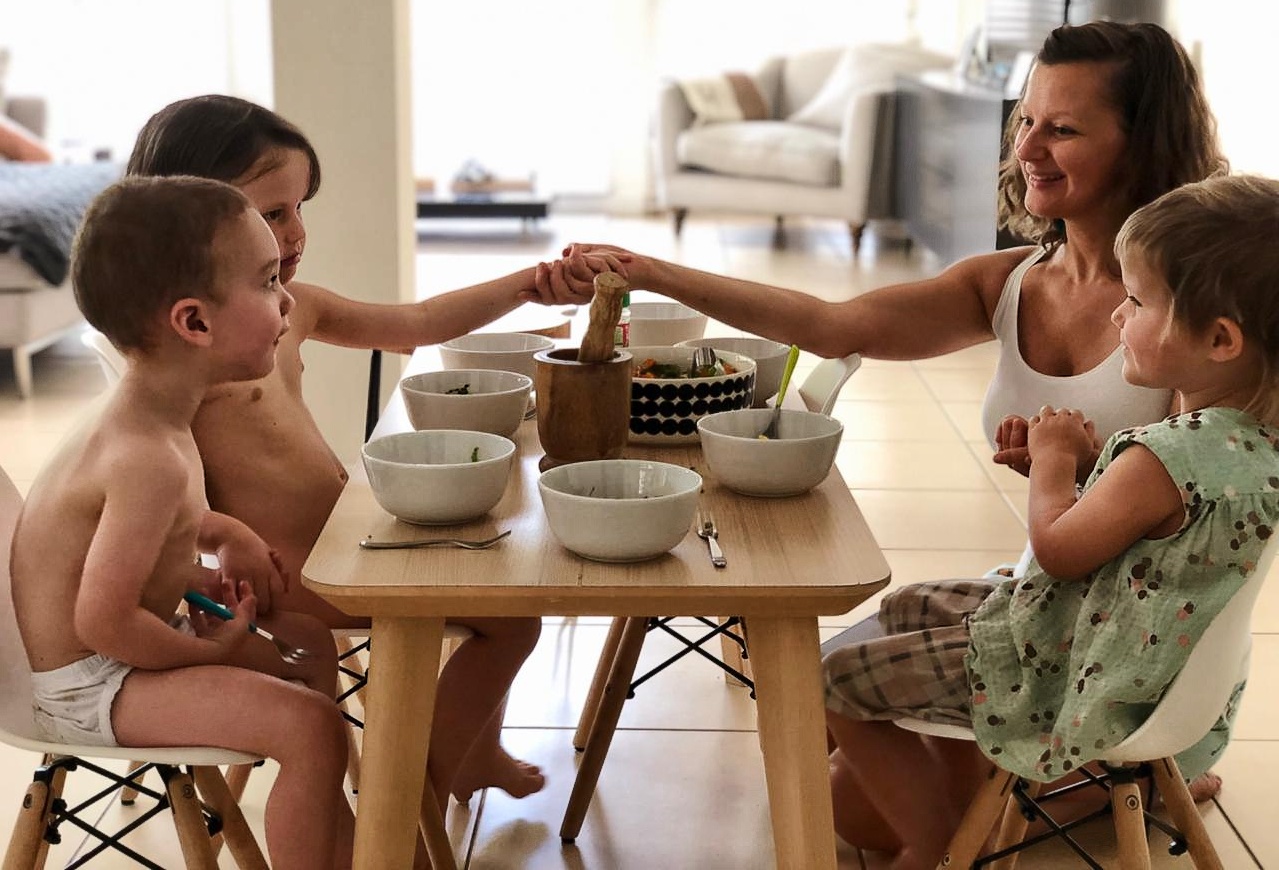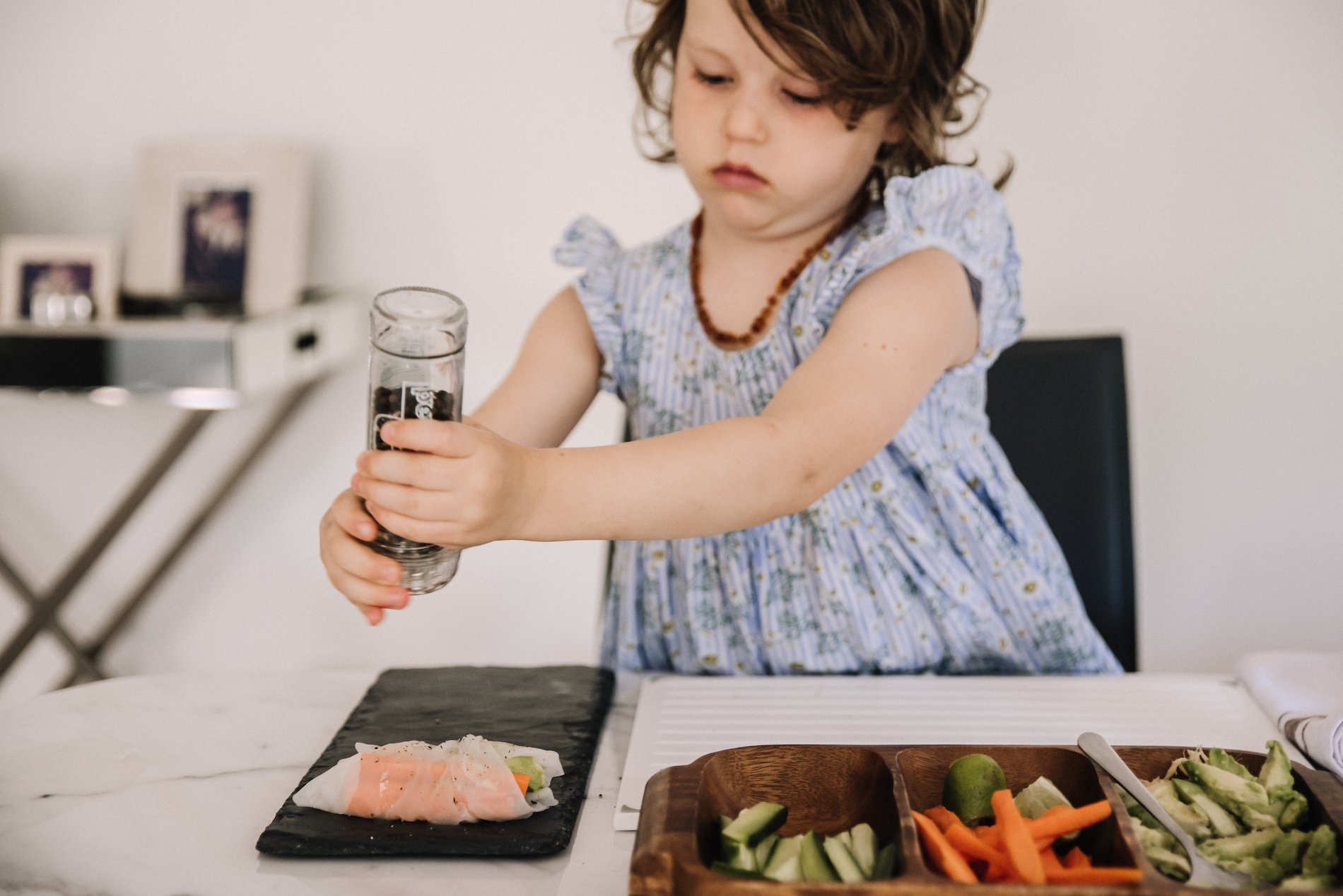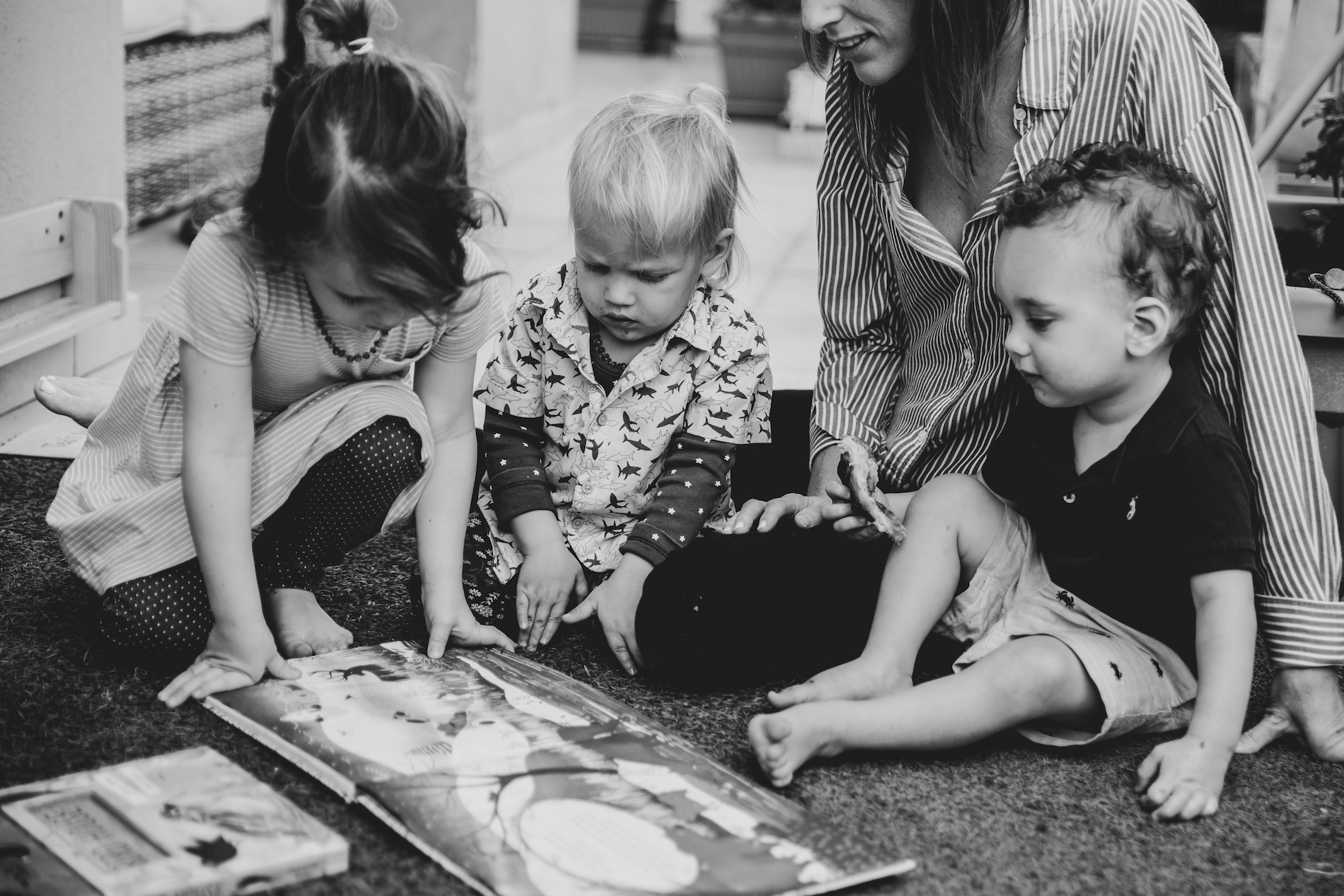The importance of the allowing of our children’s feelings, without denying, invalidating or suppressing them cannot be underestimated. We live in a highly stressed modern world with pressure from all sides. Our children are deeply attuned to our emotional state, so they will pick up on our stress and react accordingly.
Young children are not able to self regulate, express their needs clearly, and rationalise their intense emotions and behaviour. All of this is normal, so the releasing of strong emotions in an environment that is loving and non judgemental is vitally important.
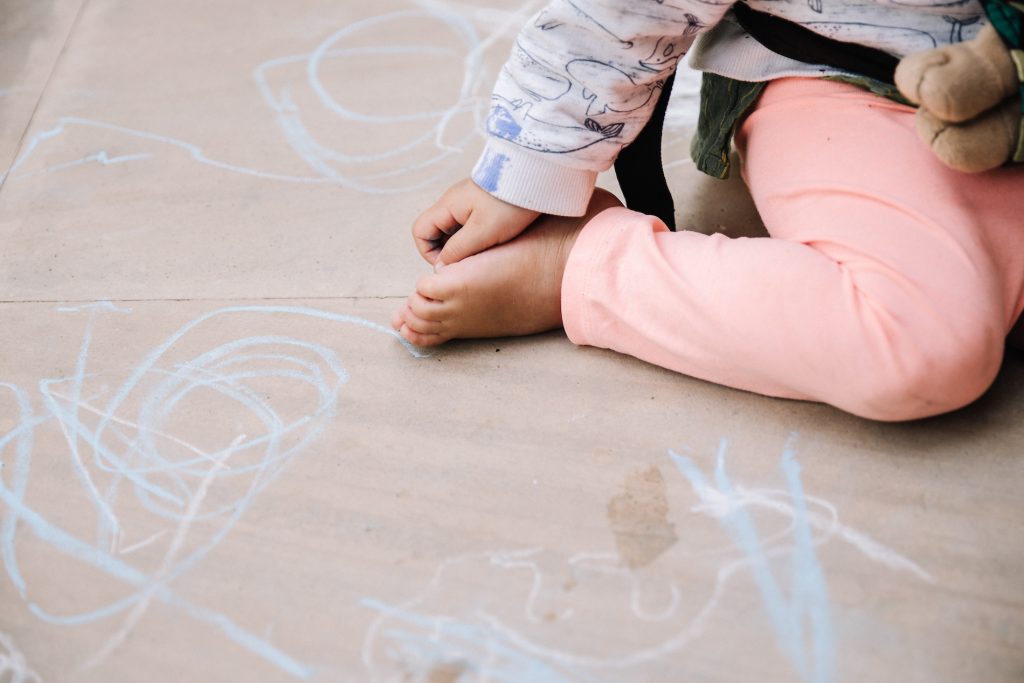
The stress caused by having one’s feelings restricted or not allowed, becomes lodged in the amygdala, the part of the human brain that processes emotions. The more a child sees that his strong emotions are not accepted, the more these strong emotions literally take hold of who he is and shape his brain.
Recent developments in neuroscience illustrate that instead of denying our children’s feelings, we should be giving them the tools they need to be able to regulate their emotions and self-soothe.
Hundreds of studies have shown that meditation produces measurable results. One study showed that amongst a group of adults on just an eight week course of mindfulness meditation, the cortisol levels of every person on the course were lowered! Astonishing! If this can have such a fast and profound effect on adults who have potentially experienced years of emotional stress, imagine the difference this can make in our children who are at the beginning of their lives and are just starting to build their neural pathways for stress-handling and emotional regulation.
For the past few hundred years in Western society, there has been a culture of suppression of strong feelings in general, for adults and children alike. The consistent message has been that strong emotions, such as anger, are undesirable and hence should be stamped out, crushed, repressed. Generations of parenting and parenting manuals have focussed on getting the child to behave in what is perceived to be an acceptable way, through the suppression of powerful negative emotions.
Herein lies the vicious cycle of the two outcomes of this school of thought:
- The suppression of a strong emotion sends it ‘underground’ so it pops up, unresolved and more forceful than before, in other areas.
- When an angry outburst occurs, the child is scolded or punished, which leads to guilt and shame, another emotion waiting to pop up at a later time.
Thankfully, this approach is changing as psychologists, educators and parents are now offering children an outlet for their strong feelings, and going even further than that by role modelling and practising self-regulation techniques with children.
What we are doing differently is taking a step back and accepting the rollercoaster of emotions as the human experience, not trying to deny or fix or invalidate them. We are maturing into having the humanity to say essentially, “This is where you are right now, and this is what you can do to support yourself”.
This maturing of perception and understanding starts with ourselves, especially in our acceptance of our shadow sides and our difficult days. Only when we have shone the light of compassion on ourselves are we able to shine it on others.
This is challenging because being with young children is already mentally exhausting. What space do you feel you have for compassion for yourself when you are already depleted from a busy day?
A doorway into developing a meditation practice with a young child is a simple as showing him how to breathe in and out really deeply, slowing down his breath and hence settling his nervous system. When he feels upset or is gathering his courage to do something difficult or daunting, show him how to practise deep, belly breathing, inhaling and exhaling through the nose. Place one hand on your heart and one on your tummy to emphasise the movement of your body as you inhale and exhale and invite him to do the same.

For major upsets where he needs a big release, then a deep inhale followed by a forceful exhale through the mouth can support after a bad dream or a sibling disagreement.
You can also try working through the body by scrunching up muscles and releasing them, emitting a loud exhale through the mouth and sticking the tongue out as the muscles are released. Such fun and so healing!
Start with what you feel comfortable with, using your inner wisdom to guide you on what you do to calm yourself when you feel stressed. If you are not sure then now is the time to start being aware of your feelings, your responses, your own inner world.
With older children, once an episode has passed you can start to discuss what happened inside them just before they became upset or angry, getting them in touch with their feelings so they can understand their own reactions and behaviour.
Do whatever helps you in front of the children and instruct them how to do it as well. Your repertoire of self regulation techniques will grow, and each of your children may benefit from a different approach, so you will all learn together.
From my own experience, I have found that the secret lies in making self regulation part of our everyday life, for ourselves and our children. These techniques are not be saved for a yoga class; they should be part of the fabric of our homes. Thus, we become our child’s role model for how to manage our strong emotions.
It is vitally important that children see us practising this as a way of life, recognising us, their parents, as imperfect, flawed human beings who are leaning into and managing our emotions rather than suppressing and hiding from them.
Five steps for emotional regulation:
- Your young child is unable to regulate his emotions due to the immaturity of his brain and his inability to control his impulses. Accept this as a normal part of childhood rather than seeking to control it.
- You will get stressed, angry, impatient or snappy at times A genuine apology to your child after the event will go a long way in maintaining the bonds of trust between you and him.
- Working on yourself and healing wounds from your past is the journey you must take in order to effect real change in how you deal with stress.
- Find a technique that feels natural to you: deep breathing, scrunching up your face or hands, or feet and releasing. Practise this yourself when you feel stress taking over.
- Giving your child the tools he needs to be able to cope with strong emotions will support him in childhood and throughout his life.
Similar Posts
- 17 September 2019 00:32
- 11 September 2019 18:17
- 11 September 2019 17:50
- 9 September 2019 13:43
- 9 September 2019 13:38
- 9 September 2019 13:30
- 9 September 2019 13:02
- 9 September 2019 12:57
- 6 September 2019 14:16
- 6 September 2019 13:27
